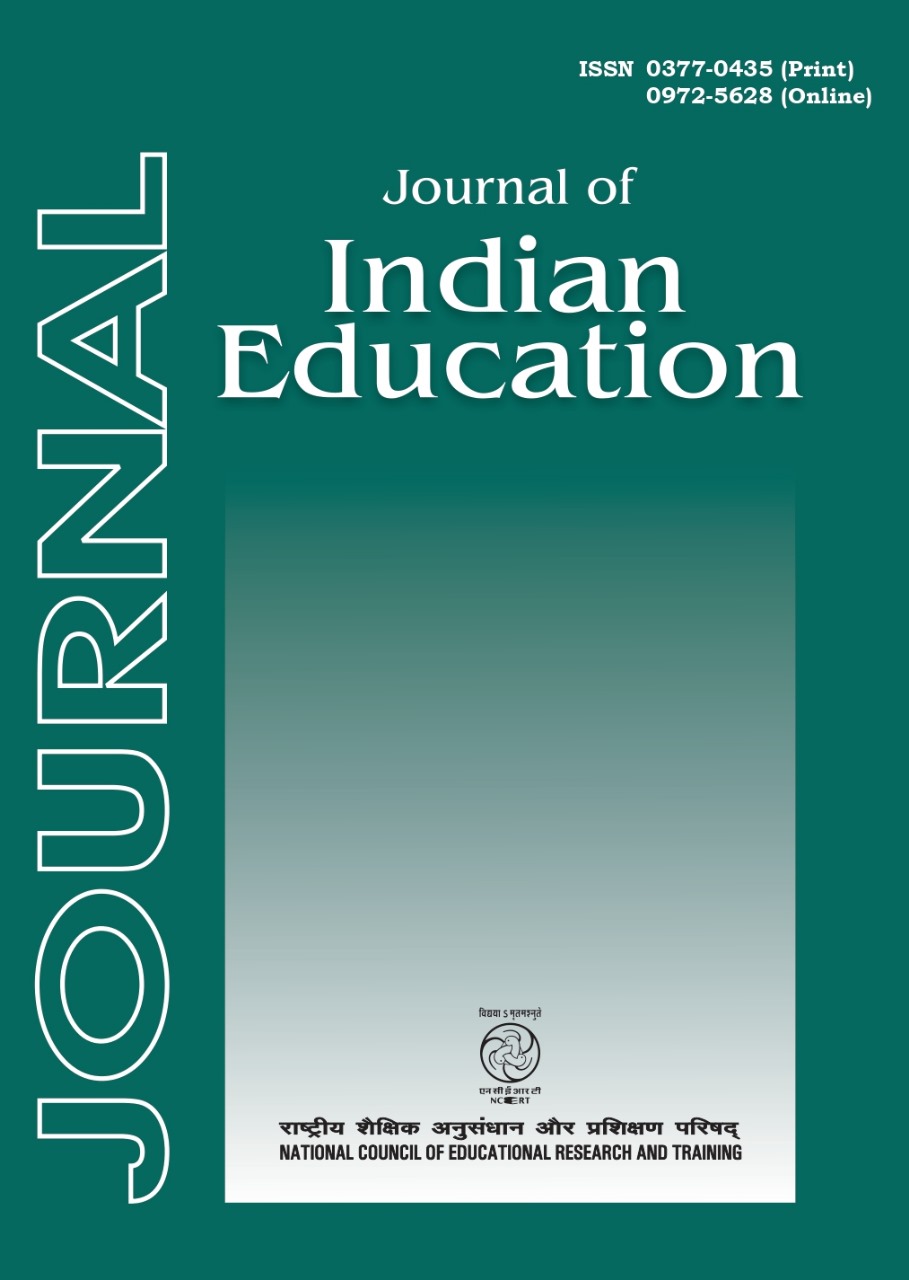Published 2024-11-27
Keywords
- Educational Transformation,
- Educational Policy,
- Social Justice
How to Cite
Abstract
The talk focusses on adivasi children in central India, their transformation through formal schooling and the way in which new kinds of knowledge comes to replace or co-exist with older forms. On the one hand, there are occasional acknowledgements that adivasis or indigenous people have great knowledge of biodiversity which can be of use in the emerging biotech industry, on the other hand, there is very little done to tap into this in a holistic or sustainable model. Indeed, the formal schooling system often destroys the knowledge that children already possess. Schooling is an important avenue for not just career mobility but identity formation and the creation of personal and professional networks. However, the focus of studies in India has been on issues of educational deprivation or at best on social exclusion and discrimination regarding access within the existing system. It has not looked at the content and effect of formal schooling with regard to indigenous knowledge, or the way in which adivasi identity is transformed through the kind of competitive proselytising that is undertaken through schools, by both the R.S.S. and other organisations. At the same time, a discussion of schooling implies some idea of ‘normalcy’. In fact, in large parts of adivasi India, people live in a state of absolute abnormality, where the state has undertaken both large scale displacement and relentless repression. The paper asks if and what kind of schooling is possible in these circumstances, and what kind of citizen is ought to be produced?

